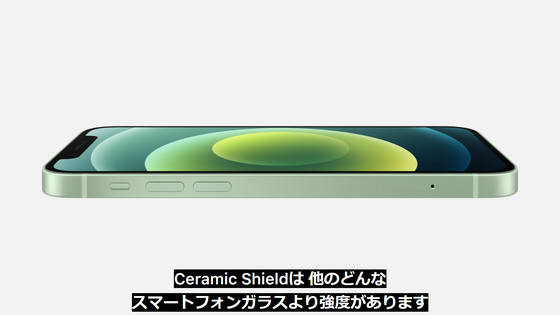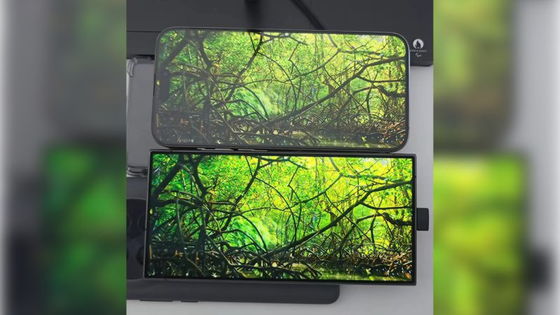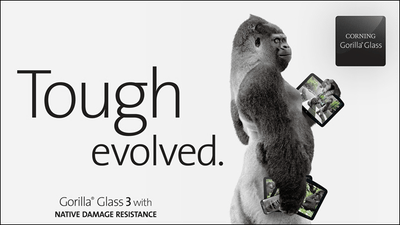Apple cancels 'highly impact-resistant anti-reflective display coating' planned for iPhone 17

Apple had planned to use an impact-resistant, anti-reflective display coating on the iPhone 17 Pro, but this has been cancelled, reports Apple-related media outlet
iPhone 17's Scratch Resistant Anti-Reflective Display Coating Canceled - MacRumors
https://www.macrumors.com/2025/04/28/iphone-17-anti-reflective-coating-canceled/

Apple reportedly scraps iPhone 17 stronger anti-reflective display
https://appleinsider.com/articles/25/04/28/apple-reportedly-scraps-stronger-anti-reflective-display-planned-for-iphone-17
In March 2024, Instant Digital, a Chinese site known for leaking information about Apple-related leaks, claimed that the iPhone 17's display glass would feature an 'ultra-hard anti-reflective layer' that would be 'more scratch-resistant than you'd think.'
Apple had planned to use a 'super-hard anti-reflective layer' on the high-end models of the iPhone 17 series, the iPhone 17 Pro and iPhone 17 Pro Max. However, it has been reported that the adoption of the 'super-hard anti-reflective layer' on the iPhone 17 Pro has been canceled due to problems with scaling up the display coating process.

Apple is working with glass manufacturer Corning to develop its own display glass, Ceramic Shield, which is made from a glass-ceramic material. Ceramic Shield was first introduced on the iPhone 12 in 2020 and was touted as four times more resistant to drops than the iPhone 11. The new Ceramic Shield then made its way onto the iPhone 15, which is touted as 'tougher than any smartphone glass.'
An Apple insider talks about the iPhone 12's 5G compatibility, MagSafe, Ceramic Shield and other new features - GIGAZINE

Apple has applied an oleophobic coating to existing iPhones to prevent fingerprints, but has not put much effort into anti-reflective technology. However, the Mac and iPad Pro use nano-texture glass to reduce reflections. You can find out how much nano-texture glass can reduce reflections by reading the following article. It is unclear whether the 'super-hard anti-reflective layer' that Apple was developing will be replaced with nano-texture glass or another coating, or whether its adoption has simply been postponed.
Is Nano-texture glass necessary to suppress reflections on the M4-equipped iPad Pro? We compared it with a regular display and checked it - GIGAZINE

Samsung, a competitor of Apple, has adopted a display panel called Gorilla Armor for the Galaxy S24 Ultra, which can reduce reflections by up to 75% compared to conventional displays. This technology is advertised as improving contrast even in bright lighting environments and reproducing more realistic colors even in sunlight or in a bright room.
Below is a photo of the Galaxy S24 Ultra (bottom) and the iPhone 15 (top) side by side. You can clearly see the anti-reflective properties of the Galaxy S24 Ultra.

Related Posts:
in Hardware, Smartphone, Posted by logu_ii







